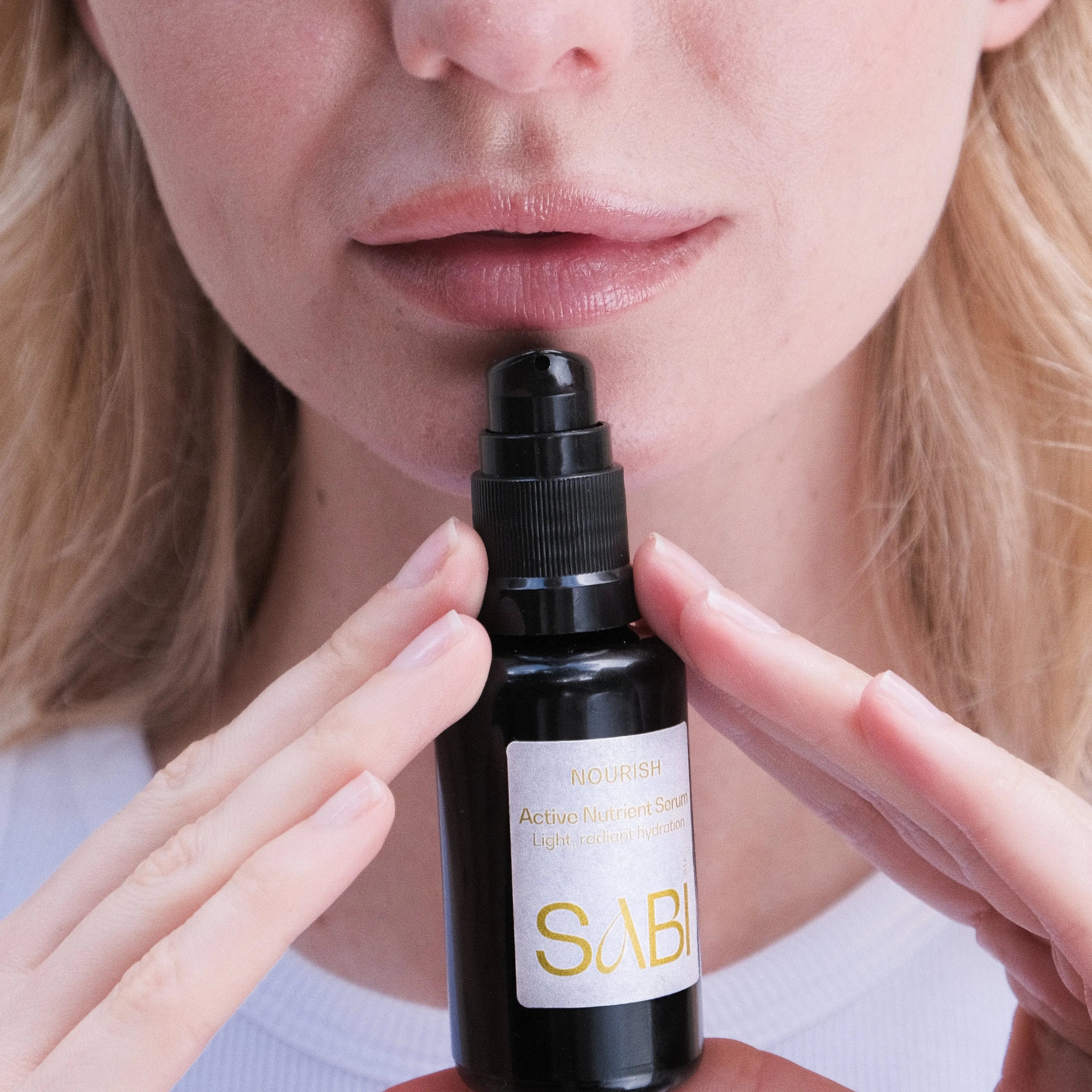Redness and sensitivity can leave your skin feeling uncomfortable, irritated, and hard to manage. Whether triggered by environmental stressors, dehydration, or an underlying skin condition, these concerns demand ingredients that hydrate and soothe without overwhelming.
Hyaluronic acid is widely known for its hydrating properties, but its role in calming redness and strengthening sensitive skin is equally impressive.
The Science of Sensitive Skin
What Causes Sensitivity?
Sensitive skin often stems from a weakened skin barrier. This outermost layer of the skin acts as a shield, preventing water loss while protecting against external irritants like pollution and bacteria. When the barrier is compromised, it:
-
Loses hydration, leaving skin tight and dry.
-
Becomes more reactive to allergens, leading to redness and discomfort.
-
Struggles to repair itself, prolonging inflammation.
Hyaluronic acid addresses the root of these issues by reinforcing the barrier and delivering much-needed hydration.
How Hyaluronic Acid Targets Redness and Sensitivity
1. Hydration Without Irritation
Many hydrators rely on heavy oils that may clog pores or feel greasy. Hyaluronic acid works differently—it draws moisture to the skin without triggering breakouts or causing irritation. This makes it perfect for sensitive skin types.
2. Fortifying the Skin Barrier
Hydrated skin is resilient skin. By boosting moisture levels, hyaluronic acid helps repair the skin’s barrier, reducing redness and making it less prone to environmental damage.
3. Smoothing and Calming
Skin that’s hydrated is less likely to feel inflamed or irritated. Hyaluronic acid soothes the skin, improving its texture and reducing the appearance of redness over time.
4. Supporting Skin Health at a Deeper Level
Hyaluronic acid doesn’t just hydrate the surface. With multi-molecular formulations, it penetrates deeper layers, aiding cell repair and improving overall skin function—a game-changer for sensitive skin that’s constantly under stress.
Real-Life Applications: Where Hyaluronic Acid Shines
1. Rosacea-Prone Skin
For those with rosacea, hyaluronic acid helps by reducing dryness and inflammation. While it doesn’t treat rosacea directly, it creates an environment where the skin can better manage flare-ups.
2. Post-Treatment Recovery
After treatments like chemical peels, laser therapy, or microneedling, the skin can become temporarily red and sensitive. Hyaluronic acid aids in speeding up recovery by hydrating and soothing the compromised barrier.
3. Cold Weather Protection
In winter, cold air and indoor heating can exacerbate redness and dryness. Hyaluronic acid provides a protective layer of hydration, preventing the skin from becoming overly reactive.
Breaking Myths About Redness
Myth 1: Redness Always Means Sensitivity
Not all redness is linked to sensitivity—sometimes, it’s due to heat, exercise, or sun exposure. Hyaluronic acid can help in these cases by cooling and hydrating the skin.
Myth 2: More Products = Better Results
For sensitive skin, simplicity is key. Overloading your routine can weaken the barrier further. A single hyaluronic acid serum, paired with a basic moisturiser like our Prebiotic Moisturiser, can often work wonders.
Myth 3: Hyaluronic Acid is Just for Hydration
While hydration is its primary function, hyaluronic acid also supports cell communication and repair, indirectly reducing sensitivity over time.
The Long-Term Benefits of Hyaluronic Acid
Consistency is crucial when addressing redness and sensitivity. Over time, hyaluronic acid:
-
Increases your skin’s ability to retain water, reducing dehydration-related redness.
-
Strengthens the barrier, making your skin less prone to reactions.
-
Improves elasticity and texture, giving your complexion a healthy, balanced appearance.
A Skincare Staple for Sensitive Skin
Hyaluronic acid isn’t just a hydrator—it’s a multi-functional ingredient that addresses the unique challenges of sensitive skin. From reducing redness to strengthening your barrier, it’s a gentle yet effective solution for anyone seeking relief from irritation.
If redness and sensitivity have been holding your skin back, hyaluronic acid might be the missing piece of the puzzle. It’s time to embrace hydration, calmness, and comfort—one application at a time.
References
-
Draelos, Z. D., et al. (2017). Moisturising ingredients in the management of sensitive skin. Dermatologic Therapy, 30(1), 42–49.
-
Proksch, E., et al. (2008). The role of hyaluronic acid in maintaining barrier function. Journal of Skin Barrier Science, 26(3), 89–96.
HORMONAL & PROUD
Created as a brand to help women navigate the toughest moments in pregnancy, childbirth, postpartum — and practically every stage of life –– The SABI aims to change the narrative around our hormones from one of taboo, embarrassment, and loneliness to awareness and pride. As more than a wellness brand, The SABI offers a carefully-crafted line of products to carry you through your hormonal journey, including rituals, supportive tools, and ancient herbal remedies that have been tested time and time again by women and now come backed by medicine. The SABI is a blend of science and nature conceived by women who have experienced the joys and deep struggles of bringing a child into the world, the pains of a heavy, difficult period, miscarriage, and difficulty conceiving.
We offer you an invitation to get to know your body and its cycles better –– an invitation to really understand what is going on inside. Learn to use your hormonal cycle to your advantage no matter your stage of life, and know that you can support and balance your hormone levels. Look for the right sources of information. Know that there is help, and know that you’re supported.
DISCLAIMER
The SABI blog and articles are not meant to instruct or advise on medical or health conditions, but to inform. The information and opinions presented here do not substitute professional medical advice or consultations with healthcare professionals for your unique situation.
















